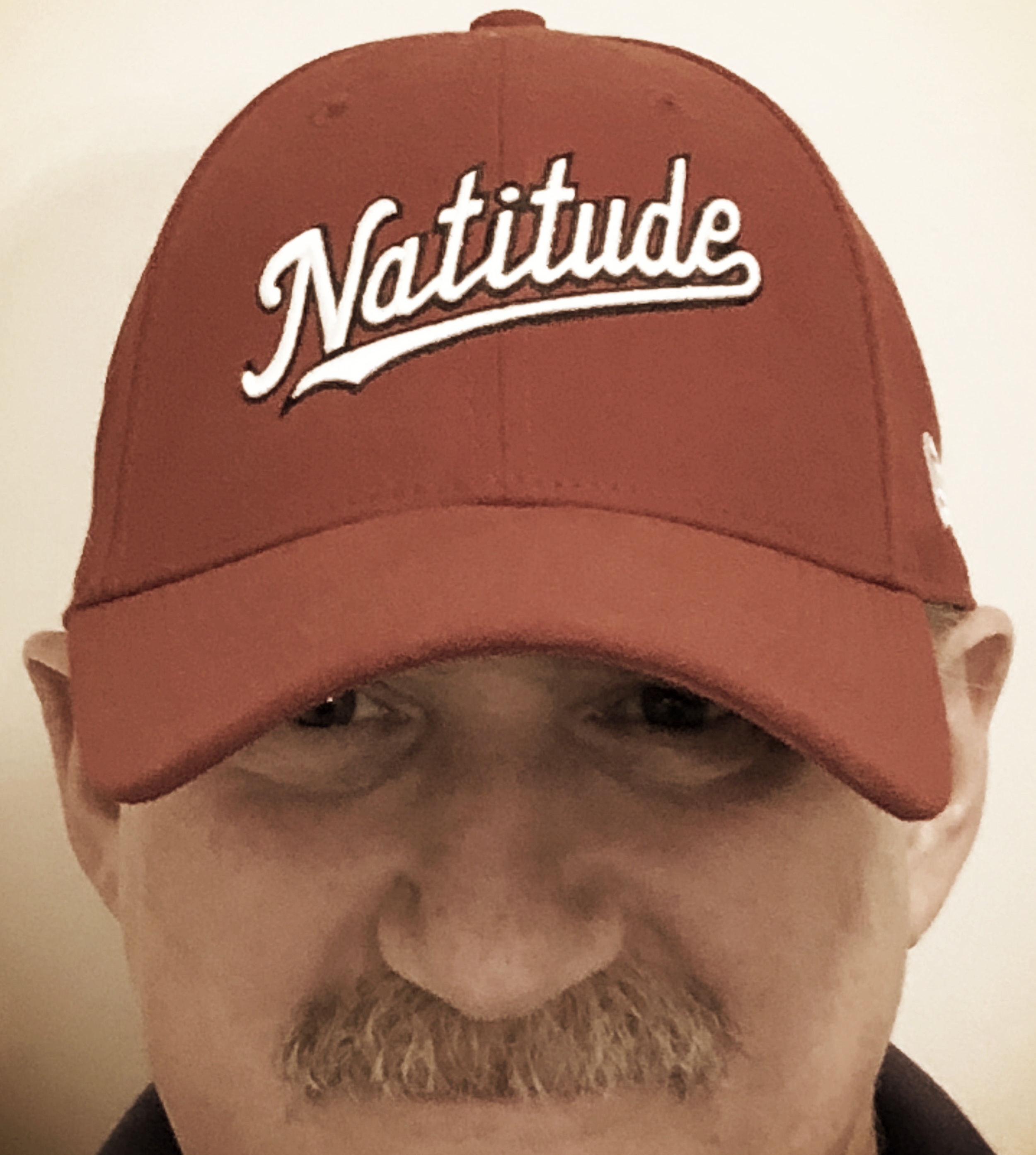If you haven't figured it out yet by now, I try to "keep it light" in life. That could apply to such prosaic things as the person in the grocery line ahead of you who is arguing about their expired coupons, being late for an event / meeting / flight, misplacing a cellphone, or in my case - having cancer. Though admittedly not often characterized as mundane, for me at least, the inescapable monotony of aspects of my Multiple Myeloma is something that I have learned to fold into my daily life, and find ways to keep it light there as well.
A popular term and technique that is gaining traction in my professional world of Experiential Marketing is gamification. As the name implies, that's just overblown market-speak for turning the conveyance of information into a game - to incentivize involvement, enhance engagement and reinforce retention (as our teachers in the crowd can attest; using games is an effective way to make a lesson or concept really stick). Applied to my wacky personal world, I like to try to find ways to make my infusion sessions less onerous to help pass the time (they really aren't that bad) - so, I use different kinds of games to break up the boredom (leave it to me to be playing games at a cancer infusion center).
One game I like to play is "Guess Who." The premise is fairly simple: As two people enter the clinic together and head for their cubicle, try to determine which one is the patient and which one is the caregiver. There is a time limit element involved (obviously, whoever sits in the infusion chair is the patient). Plus, you can't look at anyone's hands (the registration wristband worn by patients would give away the answer). And, since masks are still required in this immuno-compromised environment, an unprotected "player" isn't an easy answer either - everyone looks like a potential patient.
Please don't misinterpret this as my twisted sense of gallows humor. Obviously, in certain instances it is all too painfully apparent: who is suffering with an overwhelming disease, and who is there to help them. But in many cases (mine would serve as one example), the patient can look as healthy as anyone.
Gamification is a part of your life whether you realize it or not: Entertaining an impatient child in anticipation of your table / food at a restaurant, pretending to be a drag racer while waiting interminably for the red light to turn green, or even doing the Highlights' "Hidden Picture Puzzles" while marking time until your turn at the doctors' office or ER. Next time, try turning your frustration into gamification - and I bet the time will pass before you know it. Like Tom Petty said, the waaaaaiting is the hardest part.




